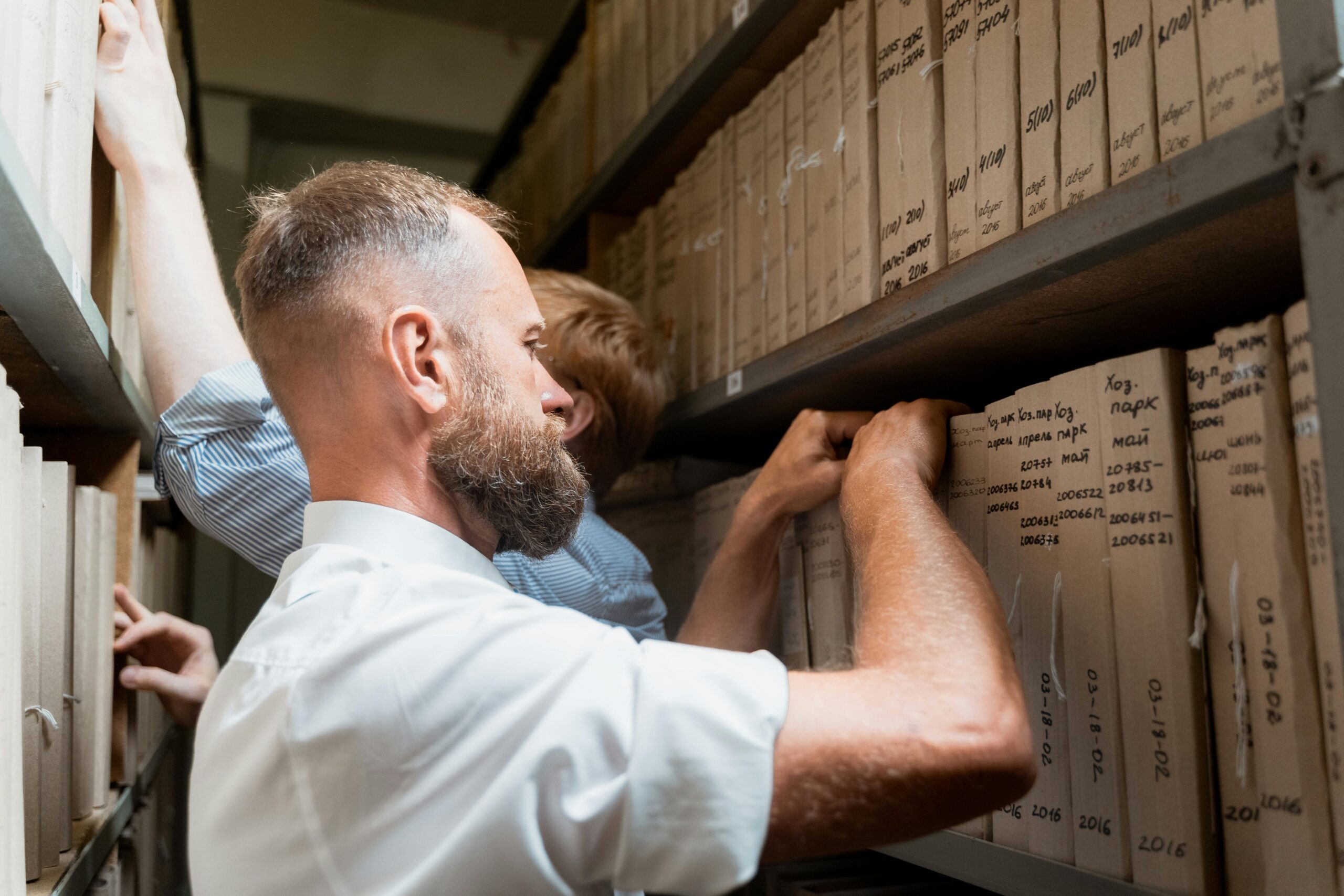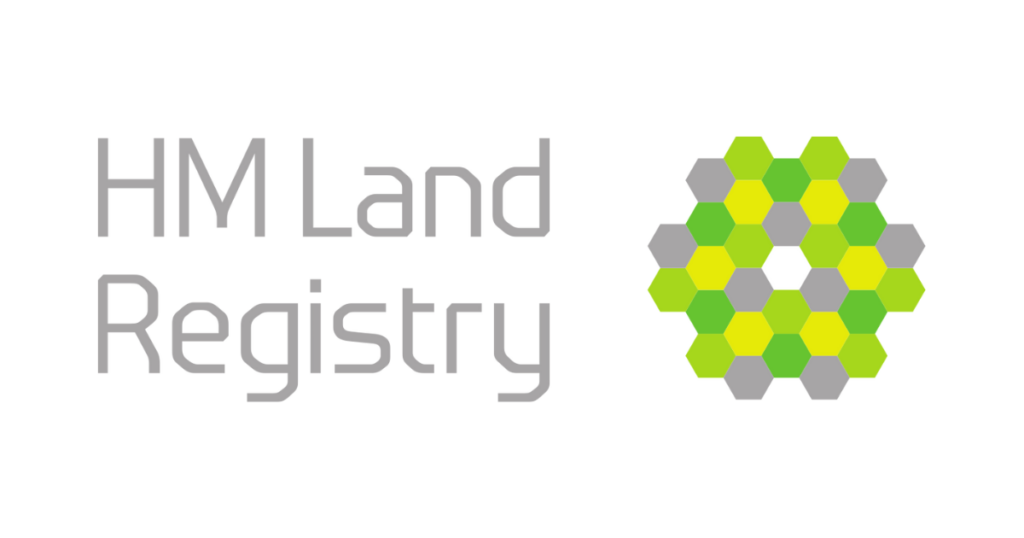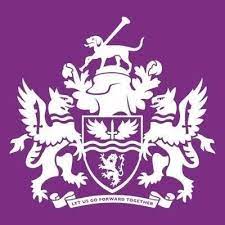We’re firm advocates for a paperlite approach. To hold onto paper records for compliance purposes while digitising important documents for speed, searchability and ease of sharing.
When we combine the two approaches, we refer to the mix of physical and digital as phygital. This manages both paper documents and digital data for the best of both worlds – secure storage for original documents and instant access to digital copies. This means you can avoid paying unnecessary amounts to scan files you rarely need.
In this guide, we show how this approach saves time and money, reduces storage, strengthens audit trails, protects quality and encourages teamwork and sustainability. We’ll also show where selective scanning adds the most value and when it’s smarter to retain compliant hard copies as part of a phygital strategy.
Scanning documents saves time and resources

Physical storage still has many advantages – it keeps valuable information under lock and key and supports retention needs while maintaining a clear chain of custody. But with strategic on-demand scanning, you’ll be able to conveniently access digital copies of records while the original paper copy stays safely stored.
As we mentioned earlier, you don’t need to scan everything. For a paperlite or phygital setup, focus on the files you use the most or need quick access to. A professional document scanning service can handle bulk jobs, for instance, digitising the majority of your records while you hang on to a few key originals. It’s selective by design: we prioritise the documents you need frequent access to and keep the rest available for future scan requests when (and if) they’re actually needed – saving you time and money.

Fast, remote access to scanned documents reduces time spent hunting down records and enables teams to act sooner when processing claims, answering customer queries, completing audits, or onboarding suppliers. Additionally, only requesting the documents you need means you don’t need to handle the same original files over and over again. Instead, they stay put in secure storage – therefore minimising any risks associated with misfiling.

Once scanned, files can be named, indexed and routed into digital processes such as Enterprise Resource Planning (ERP) or platforms like Electronic Document and Records Management Systems (EDRMS). You can then utilise audit logs and access controls to automate workflows, with digital traceability to maintain full transparency.
Scanning documents maintains clear audit trails
Enable stricter access controls and auditable permissions
Scanning is not a magic bullet solution for data compliance, but it can make it easier to apply and demonstrate good governance. Digital systems can limit who can view a file, record what people do with it, and simplify checking and fixing permissions. This helps you meet common rules for keeping information safe and well-managed.For important records like contracts and HR files, we scan and manage them in line with BS 10008 (the UK standard for showing digital copies are reliable). This helps you prove a document is genuine and hasn’t been tampered with if you ever need it for a complaint or legal case.

Back up and recover important information
Digitised records can be replicated, versioned and backed up so that a lost or damaged paper original doesn’t grind operations to a halt. Scanning supports governance, but it doesn’t replace your obligation to apply the right policies, retention rules and security in your systems. In addition, if you have books, large archival volumes or fragile items, our non‑destructive book scanning keeps them intact. Need to keep secure medical records? Our medical records scanning helps keep patient data safe.


Reducing unnecessary storage
Keeping historic or important documents can take up valuable space, which is where digitising and archive scanning help ease the load.
Professional scanning services, such as our Scan on Demand solution, can help you sort your records by how often you need them, how important they are and how sensitive they are, then set clear, simple rules for what to scan now and what to keep for later. This can help you reduce bulk storage by scanning high‑demand materials and consolidating the rest in compliant, barcoded cartons. Over time, on‑demand requests reveal real‑world usage, so that you can safely decommission little‑used series and shrink your footprint.
Scanning documents preserves quality and longevity
Safeguard against physical deterioration
Repeatedly handling paper documents can leave them in tatters, losing or obscuring valuable information.Digitising high‑value or fragile items reduces physical wear and tear, so content remains readable over time while the original document is kept safe and secure in storage.

Preserve records in robust digital formats
We capture to preservation‑friendly formats (for example, PDF/A or TIFF file formats where appropriate) so that scanned documents accurately reflect the original file.Choosing sustainable formats and planning for migration means that files remain accessible, even as technologies change over time.

Prepare for obsolescence
File types and software come and go. By storing scanned files in reliable formats and applying sound digital preservation practices like periodic checks, validation, and controlled conversions, you minimise the risk of critical records becoming unreadable in the future.


Scanning is more sustainable and energy‑efficient
Printing, moving and storing lots of paper uses up materials and energy. By scanning the files you actually need, you can use fewer resources and shrink your carbon footprint. You also get a clearer picture of what papers you still keep and why. Even small changes add up, so focus on scanning where it will have the biggest impact while keeping originals safely stored. It also saves on transport and printing costs, as we can scan it and send a secure, tracked digital copy, usually on the same day. This also helps you stick to your ESG goals – less waste, lower emissions and clearer data for sustainability reporting.
Scanning documents helps teams collaborate better
Let multiple users access the same file
A secure digital document can be shared with all the right colleagues at once. That speeds up multi‑step processes like legal reviews, customer resolutions, or supplier onboarding while reducing bottlenecks.

Support remote and hybrid working
Scan on Demand suits hybrid teams. Whether colleagues are on site, travelling or working from home, they can request a file from the archive and receive a secure digital version quickly, rather than waiting for physical retrieval and hand‑offs.Just as hybrid work combines and streamlines approaches, a paperlite or phygital approach to document management helps hybrid workers be more efficient.

Integrate with your existing systems
We can deliver scans directly into whichever Electronic Document and Records Management System you use, with consistent metadata so that documents are searchable and governable. That means fewer extra copies of the same file and better adherence to your retention schedule.


Scan what you need, when you need it
Want faster access to the documents that run your organisation without paying to scan the ones you never touch? Scan on Demand is the pragmatic next step. We’ll help you build a paperlite roadmap, integrate digital delivery into your workflows, and keep governance watertight from day one. Once scanned, they go back into storage, ready for your next request or secure destruction when the time is right.
Talk to Restore Information Management about Scan on Demand, document scanning and secure records storage today. We’ll help you prioritise what to scan, what to store and how to keep everything discoverable, governed and future‑proof.
Get in touchContact Restore Information Management today
Talk to Restore Information Management about Scan on Demand, document scanning and secure records storage today. We’ll help you prioritise what to scan, what to store and how to keep everything discoverable, governed and future‑proof.
Speak to our team today.


